
澳門90後|社會科學碩士|財經媒體|澳門研究| 生活瑣事
How to criticize authority? The importance of critical thinking from the perspective of Macao's "epidemic policy"? |Submission #09
Author: Master Andrew
In December 2020, the "Macao Youth Policy (2021-2030)" published by the government caused controversy by replacing "critical thinking" with "critical thinking" in the section on education. Ouyang Yu, the Secretary for Social and Cultural Affairs, who has no background in philosophy or humanities, responded that this change is to hope that young people "don't criticize for criticism's sake".
Later, "On All Media" published a long article sharing some educators' responses to Ouyang Yu's remarks , but no one discussed the original meaning of "criticism" from a philosophical perspective, so as to infer the reasons behind the Macau government's opposition to "criticism".
However, the recent criticism of the "clearing faction" by the "virus coexistence group" in Macau society has demonstrated the function of critical thinking, and at the same time exposed the "inconvenience" that "criticism" has brought to the Macau government.
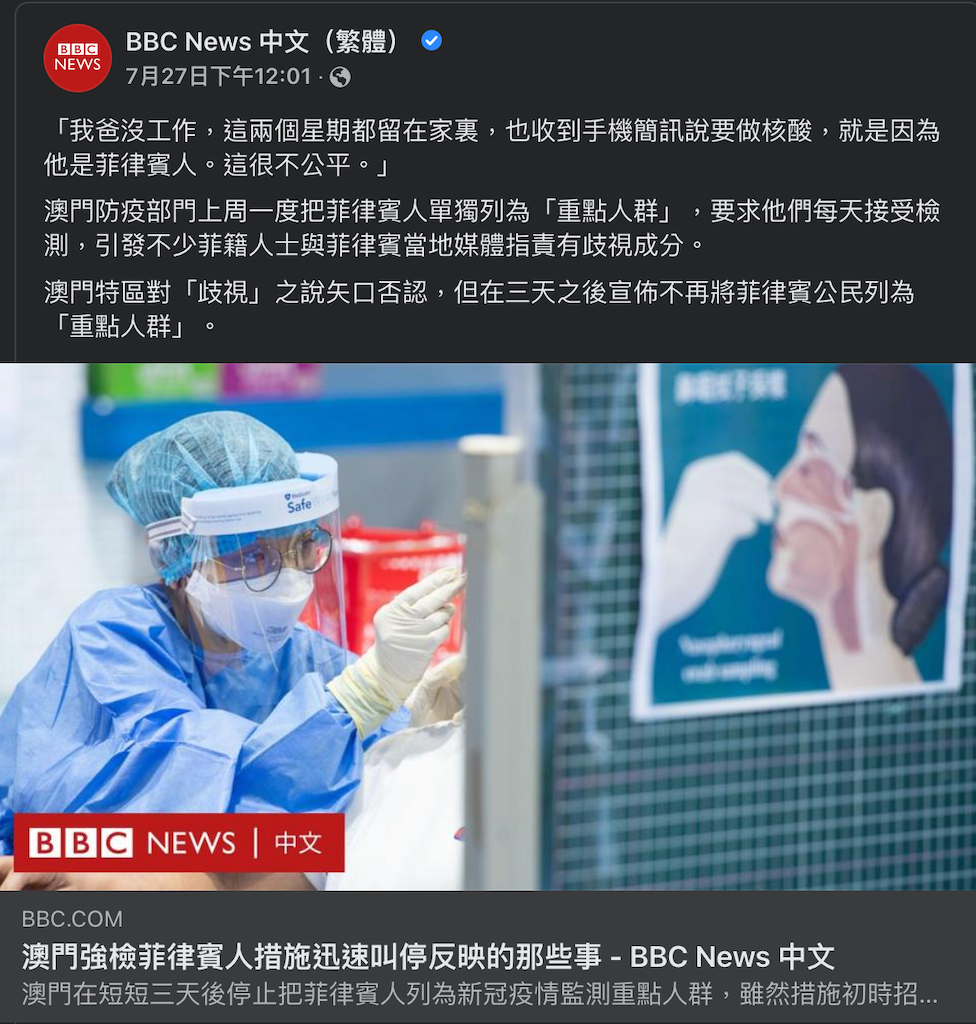
From late June to July 2022, Macau has undergone unprecedented "epidemic policy" measures: just as the world has been implementing the "coexistence with the virus" policy on Covid-19 based on scientific considerations, restarting economic activities and resuming international exchanges, Macau The government actually did the opposite. Because of the introduction of a variant virus with extremely low severity and mortality rates, it implemented a strict "quiet state" and conducted a nationwide nucleic acid test every other day; Finally, on July 22, Filipinos were listed as a "key population" and forced to undergo daily testing, which aroused strong criticism from the society and forced the government to cancel this suspected racial discrimination measure on the 24th.
However, at the same time, no matter how absurd the epidemic measures are, there are always a group of enthusiastic citizens on the Internet to leave messages of support (including messages on the "Macao Learning No. 16" special page), or to forward "epidemic prevention messages" in the group, even if they are unable to refute the coexistence Criticism of the faction. This case just reflects the most important and basic function of critical thinking: to question all authority rationally according to a specific value standpoint. Those who lack critical ability naturally lose the ability to question authority rationally.
The Conceptual History of "Criticism"
Criticism is translated from English critical, which comes from Greek κριτικός (kritikos), which means the intellectual ability and means of judging, judging, and distinguishing things. Do not question all existing beliefs.
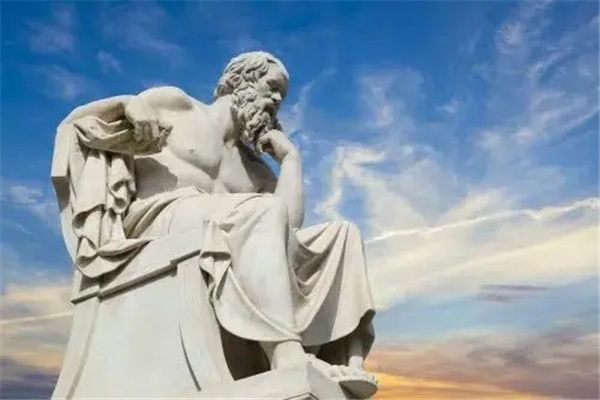
Entering modern Western philosophy, Descartes further expanded criticism into methodological doubt: doubting the existence of all things, and finally found that only the existence of the self cannot be doubted (I think, therefore I am). But Descartes' description is inaccurate, because in his skepticism, he has assumed that the rational way of thinking used in method skepticism is credible. It was not until Kant wrote the Critique of Pure Reason in 1781 that he clearly criticized reason and discovered the limitations of reason. Therefore, Kant is also regarded as the distant ancestor of critical theory.
Another ancestor of critical theory is Marx, but most of the "criticism" Marx said refers to political "ideological criticism", which seems to be very different from traditional philosophy, which makes people doubt the difference between philosophy and critical theory. If you leave out Marx, from Socrates to Kant, it seems that criticism equals rational questioning of authority . But why criticize it? This has to mention Habermas.
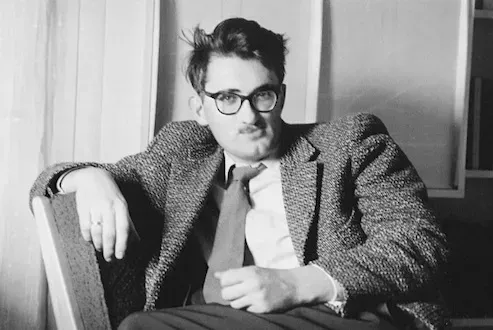
Entering contemporary philosophy, Habermas of the Frankfurt School proposed the trichotomy, dividing theory into three categories: (practical) philosophy, criticism and science. Science is positive and can tell what is true or false. Philosophy, on the other hand, makes "normative" or teleological assertions, proposing "what should be done". Critical theory is somewhere in between.
As Lausikon explains: "Critical theory is both purposive and falsifiable . Demanding the overthrow of capitalism in order to establish a socialist system is inherently "purposeful"; but its analysis of the historical evolution of society and economy is also "empirical." Therefore , criticism is not purely rational questioning authority, but questioning authority based on normative purposes (such as moral values), and will not “oppose for the sake of opposing” .
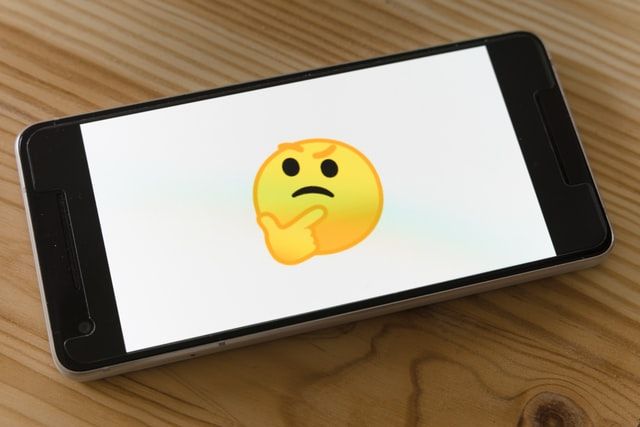
There is no word "criticism" in Chinese philosophy, but Mohist's "discrimination" has implied the meaning of Western criticism. Mozi said:
"There must be ceremonies, but there are no ceremonies when speaking. It is just like the person who is transported to the top of the mountain and established in the morning and evening. The distinction between right and wrong is not available and clearly known. Therefore, there must be three expressions. … What is useful. What is the origin of it? The upper origin is the matter of the ancient sage king. Where is it originating? There are three forms of this so-called speech." ("Mozi: Fei Ming Shang")
The "Three Tables Method" can be regarded as a critical theory of Mohism, whose normative purpose is to judge right and wrong, so "debate" is a means of moral practice.
Contemporary critical thinking education was proposed by Edward Maynard Glaser in 1941, who defined critical thinking as: "1. The tendency to consider issues and solve problems in a deliberate manner. 2. An awareness of methods of rational inquiry and logical reasoning. 3. Skillful application of the above methods.” (Note 2) Its definition of critical thinking remains in the traditional definition of “questioning authority”, focusing on logical thinking and does not include Habermas’s statement of “purposive norm” .
However, in the practical operation of general education in colleges, critical thinking and moral education are still in parallel: in addition to learning logic, first-year college students must also learn moral values in order to be truly critical . Similar course designs are very common in British and American universities (such as the general education course of the Chinese University of Hong Kong), but the general education course of the University of Macau, which is "the only public comprehensive university in Macau", is a bit weird, only GESB1002 "The Moral Values". "Foundations of Moral Values" is a compulsory first-year course, but PHIL1002 is not a general education course but a philosophy elective course (this course will not be offered in the next semester of 2021-22!). This also reflects the attitude of the Macau government towards critical thinking to a certain extent.
An example of questioning Macau's epidemic policy with critical thinking
Since critical thinking has become a compulsory subject of general education in most universities, most of the readers are not majoring in philosophy, so its content is simpler than logic introduction. For example, the content of natural deduction is less, and its focus often focuses on informal logical fallacies (informal fallacy) . Informal logical fallacy refers to an inference that conforms to the form of an argument, but commits a non-formal error (usually due to an error in content) to form a fallacy; because informal logical fallacies are easy to apply, they have become a common critical thinking tool; this social objection The racial discrimination policy of the Macau government's forced inspection of all Filipinos is an example of exposing informal logical fallacies through critical thinking.

On July 22, 2022, Filipinos were designated as a "key population" and forced to undergo daily testing. Surgeon General Luo Yilong claimed that the reasons for the measures are that "Filipinos have the highest number of infections among many groups, accounting for 10% of the approximately 1,800 confirmed cases", "the Filipino community is more clustered" and "the infection of the Filipino community" The rate is as high as 24%.” There is absolutely no discrimination involved, and even the Philippine consul turned his back on the absurd measures of the Macau government.
Regarding this news, I had ridiculed it in the church group first, saying that everyone "must obey those in power", but I didn't expect that many members of the "clearing faction" (including a teacher) would get mad and scolded me for "destroying unity." "He also said that the infection rate of Filipinos is very high, and the policy is no problem. Later, I found out that such ignorant voices are not rare on the Internet. So I decided not to "curve satire", but "straight line rebuke". On July 23, I wrote a Chinese-English article "Base Rate Fallacy Committed by the Macao Government's Racial Discrimination Detection Plan" (Base Rate Fallacy Committed by the Racist NAT measures of the Macao Government), pointed out that under the premise that the population bases of Filipinos and Chinese are extremely different, it is meaningless to compare the infection rates of the two sides. Filipino friends forwarded it in the group. At the same time, Macau lawyer Paulo Carochas also denounced the Macau government's measures as racial discrimination . As a result, on July 24, the government finally lifted the discriminatory measure.
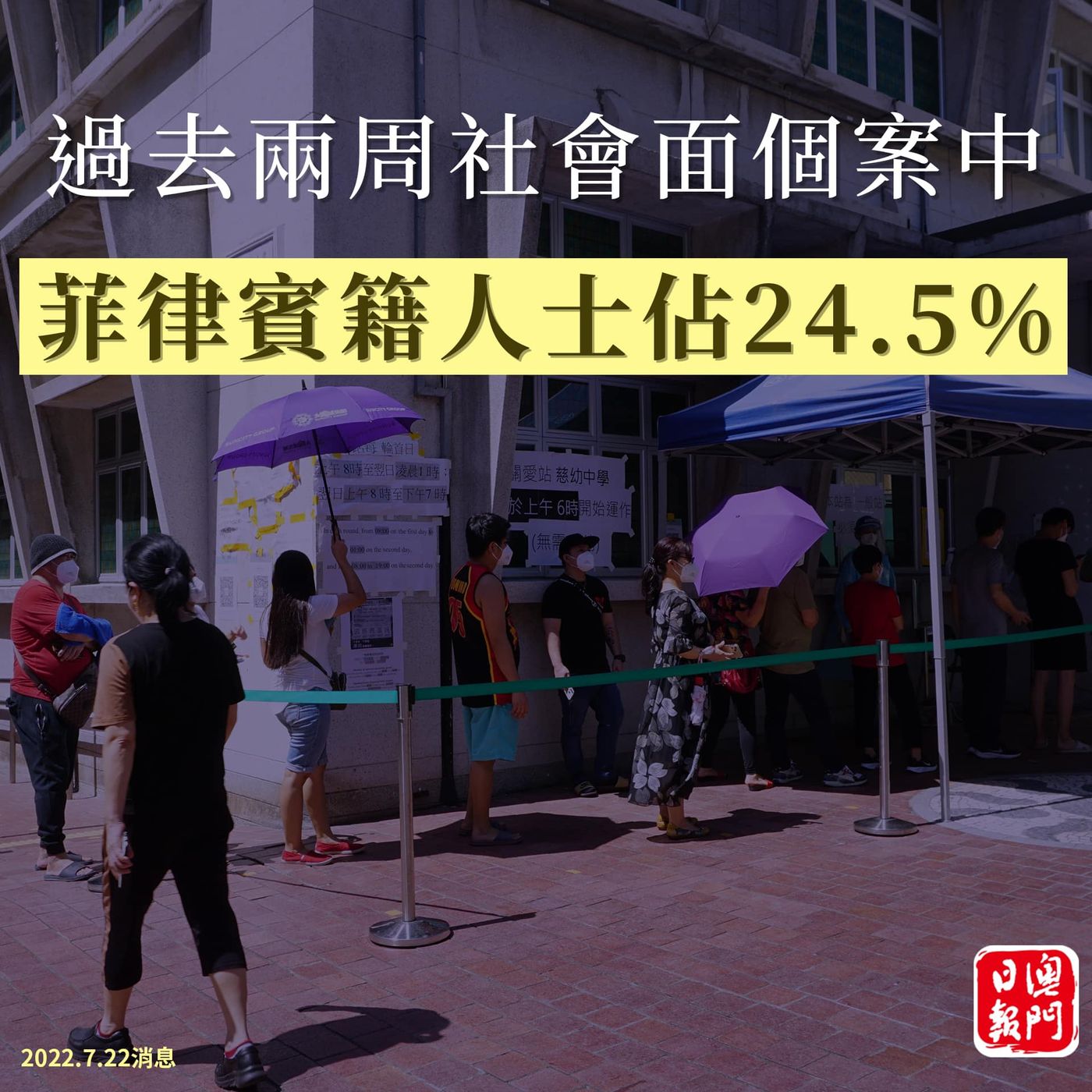
In this example of the application of critical thinking to public opinion, it is not difficult to find one thing: the application of critical thinking has both positive and normative aspects. Opponents both morally assert that "racial discrimination" is evil, and at the same time logically point out that the government's rationale is absurd . If it is purely out of logical thinking, people only need to regard the fallacy of Luo Yilong of the government as a joke after dinner, and even make quibbles for the government to show their sophistry.
On the other hand, people who lack logical ability, if they still have moral consciousness, will express their own moral criticism even if they don't know how to express their views logically when they see something that is anti-moral (such as racial discrimination). In this case, criticism is not a mere conceptual game, but a rational questioning of authority by people with value judgments .
Therefore, it is not difficult to deduce why the government dislikes "critical thinking" in recent years, and has to replace it with "critical thinking". If we assume that government officials are not immoral and incompetent, we have reason to doubt whether the government fears that too many people in society will rationally question authority based on normative values, thus undermining the prestige of governance.
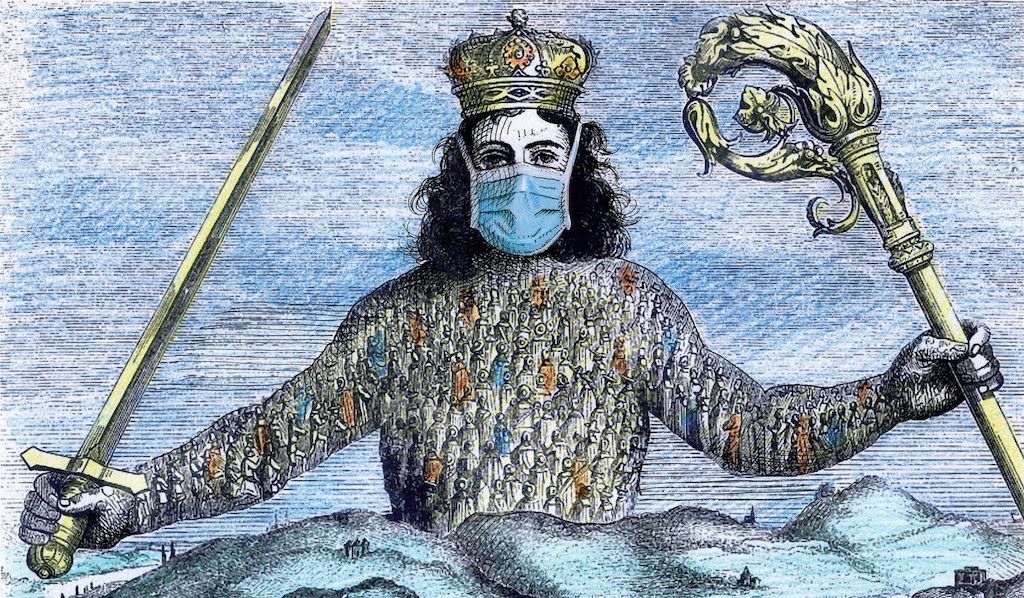
Democratic government is not based on authority, so there is no need to fear critical thinking. But Leviathan -style authoritarian governments are built on authority and thus fear critical thinking. If the people do not think critically, no matter how absurd claims a government makes (such as claiming that eating the emperor's feces can cure all diseases, kill the sick to prevent infection, etc.), the people will not question whether the measures are reasonable and ethical, In this way, the government can carry out unreasonable or immoral tyranny without resistance.
In the case of the "anti-epidemic policy", in addition to seeing how those who oppose the government show critical thinking, we are also surprised that those who support the government lack critical thinking at all. In the face of the most absurd policies, they will still strongly support and even make quibbles, even if they It is also the common people who have been deeply affected by the epidemic.
To explain this supporter's mentality, you can refer to my essay "Macau's mediocre villains: Macau is different! 〉 , which will not be repeated here; but based on the above discussion, we can easily find that this group of supporters who lack critical thinking is not necessarily lacking in logical ability, and more likely lacks moral awareness .
Those who have no logic but have morals still have the ability to judge good and evil. But those who are logical but immoral, even if they know right and wrong, will still act in abusive ways and blindly obey authority. If such people constitute the majority of a local society, then it is recommended that you seriously think about immigration.
annotation
Note 1: Lao Siguang, Lectures on Cultural Philosophy, (Hong Kong: The Chinese University of Hong Kong, 2002), p. 41.
Note 2: Edward M. Glaser, An Experiment in the Development of Critical Thinking , Teachers College, Columbia University, 1941. Chinese translation quoted from "Critical Thinking", Wikipedia, May 29, 2022. Retrieved on July 27, 2022 from https://en.wikipedia.org/wiki/critical-thinking
#Number of articles: 1️⃣2️⃣7️⃣
👉 Podcast|Free Newsletter|Patreon|Call for Papers...
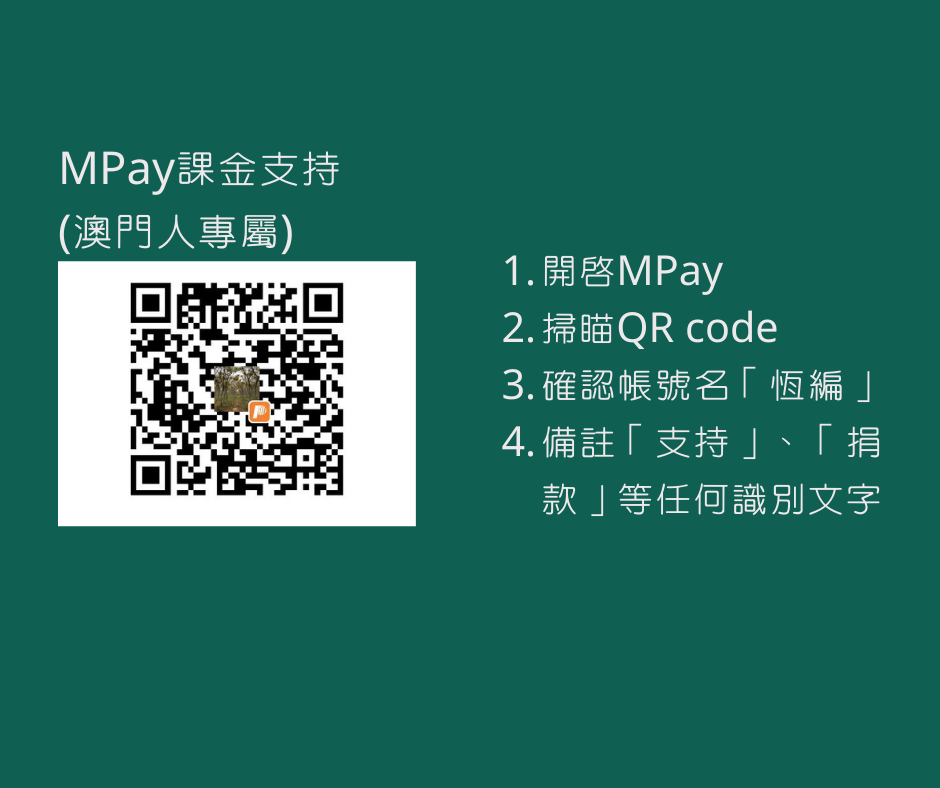
Like my work?
Don't forget to support or like, so I know you are with me..

在帝國邊陲講故事

四個社會科學和歷史背景的作者,嘗試訴說一座名叫「澳門」的看不見的城市。它的故事不止關乎自身,也關乎背後的帝國和邊陲。 👇我們的故事|Podcast|免費電子報|Patreon https://linktr.ee/macaology_empire
Comment…